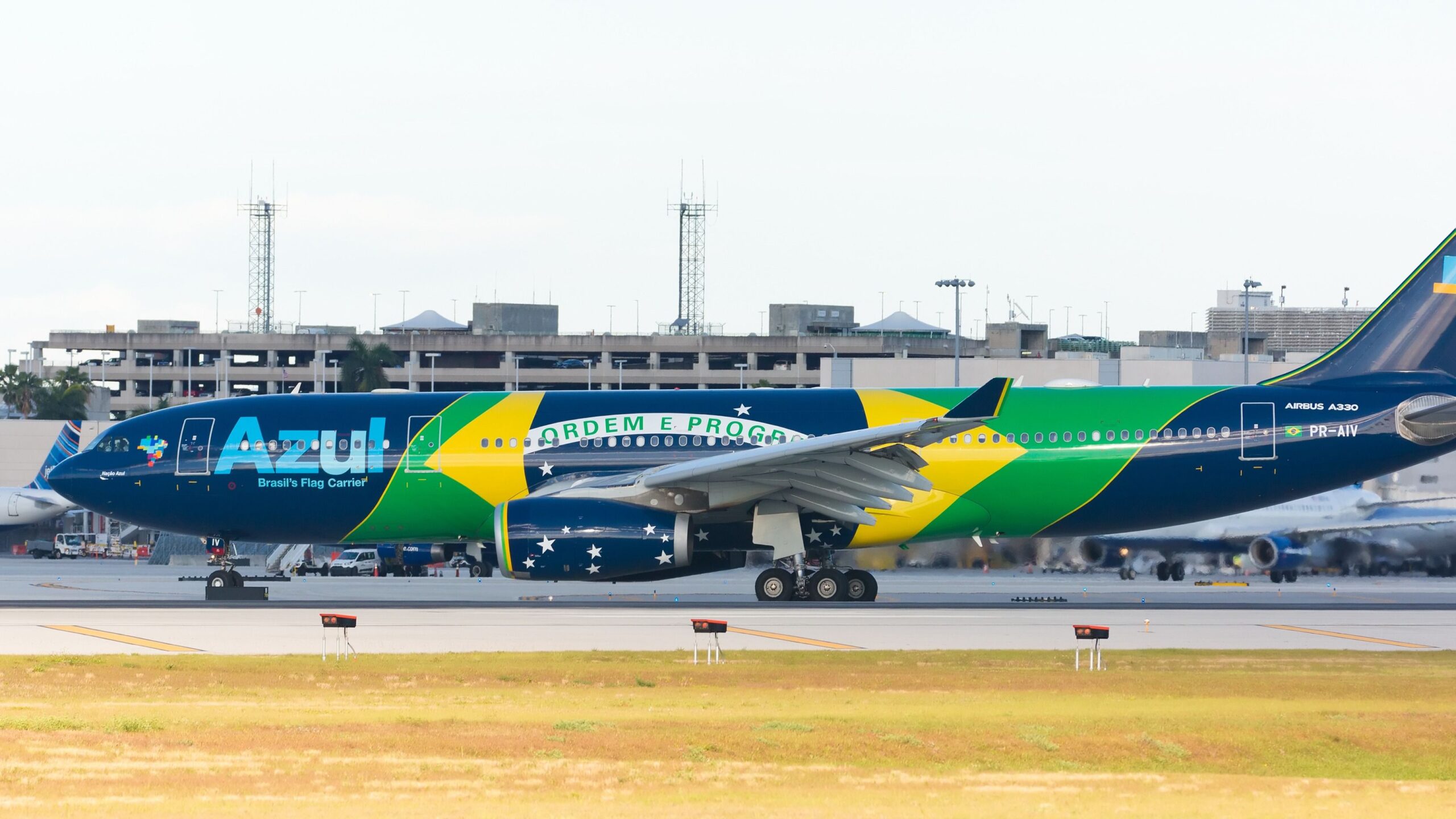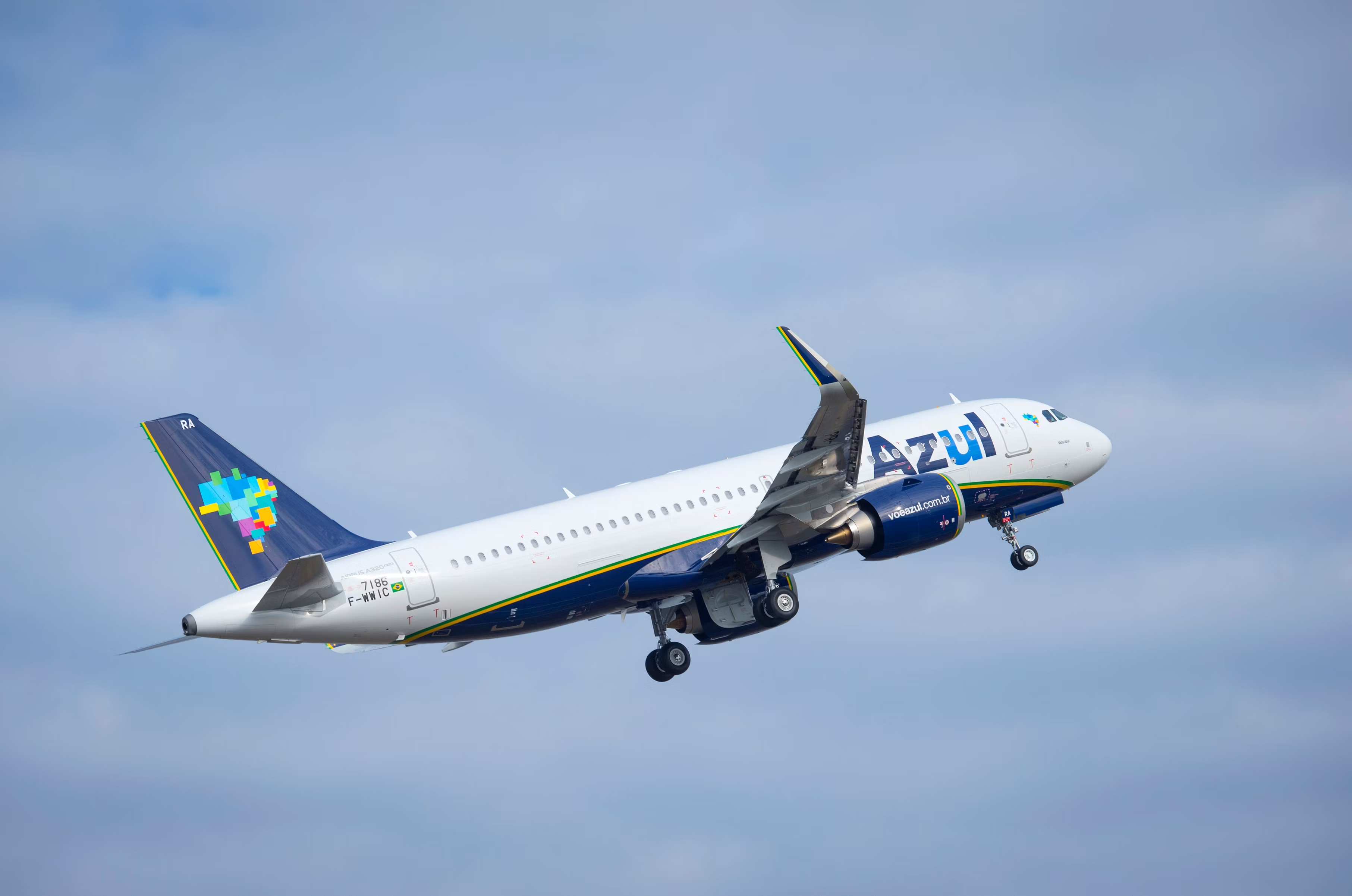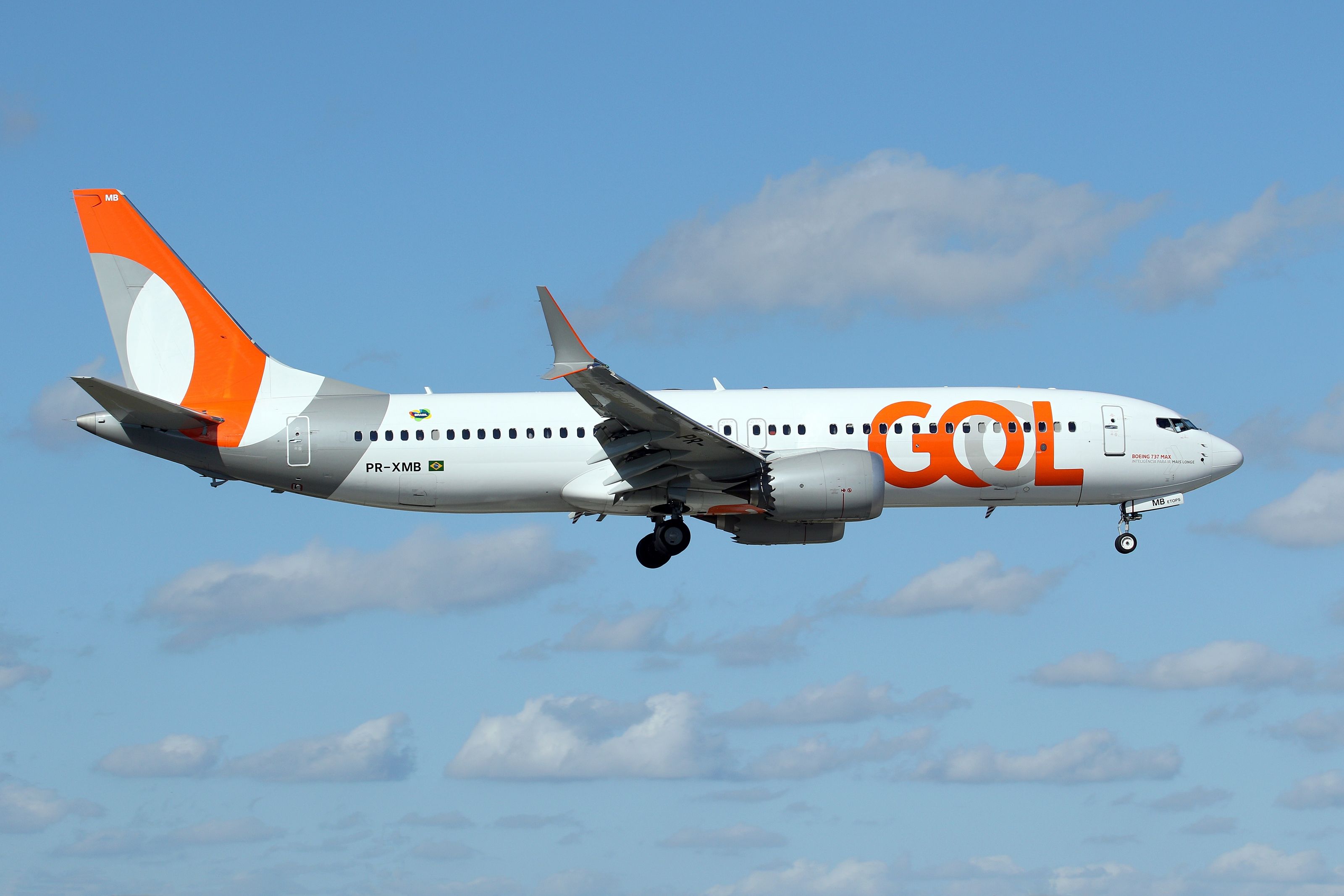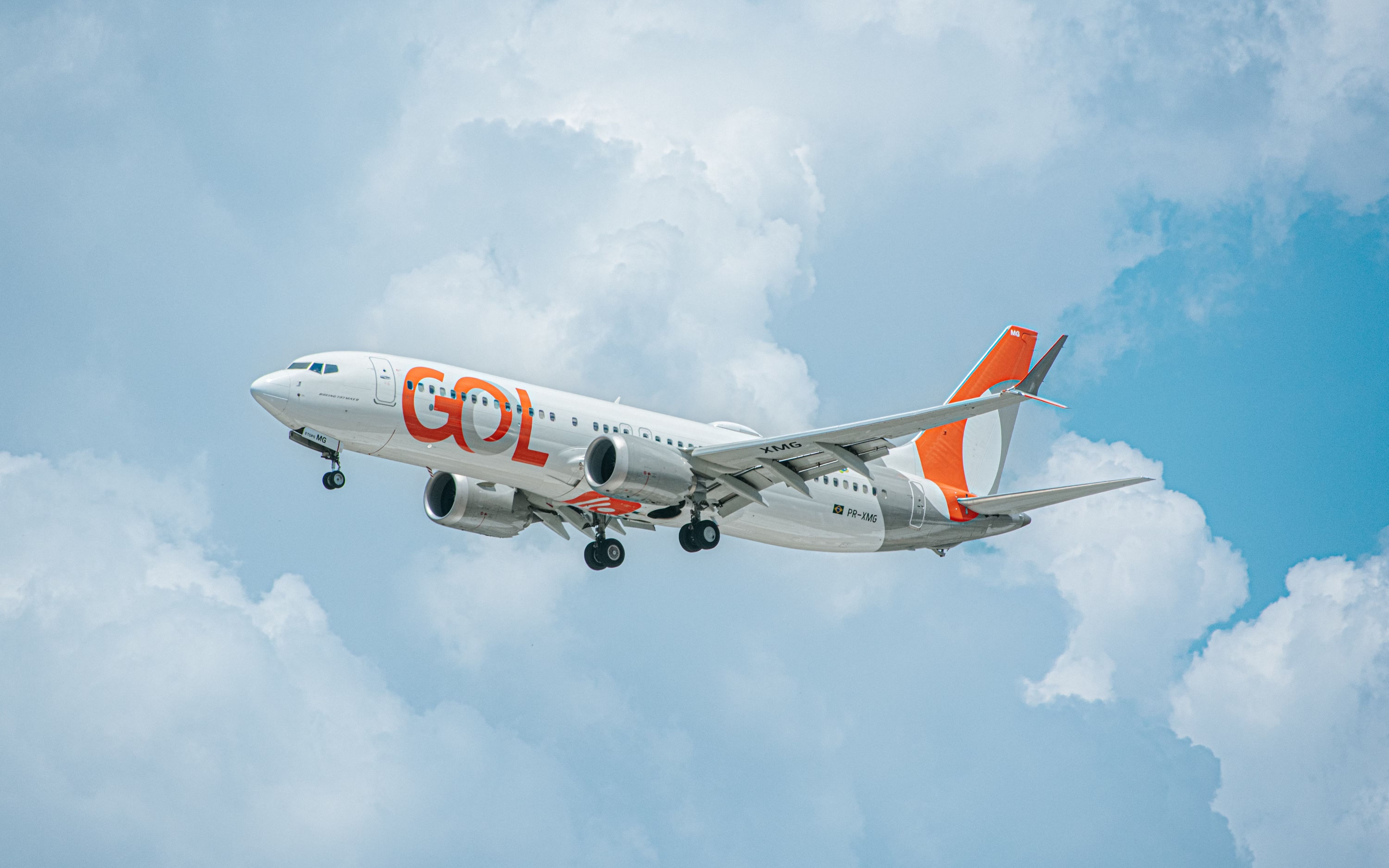Summary
- The Brazilian government has approved aid funding for the country’s airlines.
- The BRL5 billion ($898 million) fund should provide cash to Brazilian carriers within the next few months.
- In the past few months, GOL has entered Chapter 11 bankruptcy proceedings, while Azul Airlines has posted massive losses.
The Brazilian government has approved new funding for its ailing airline sector, with the plan expected to provide BRL5 billion ($898 million) to the country’s airlines.
Strengthening Brazilian aviation
In a statement on X, formerly known as Twitter, Silvio Costa Filho, the Minster of Ports and Airports of
Brazil
, said the Brazilian legislators had made an important step toward strengthening Brazilian aviation.
“[…] the Chamber of Deputies has just approved a R$5 billion line of credit for airlines, which will be essential for expanding the country’s aircraft fleet, as well as increasing the number of seats and flights.”
Photo: Airbus
Luiz Inácio Lula da Silva, the President of Brazil, still has to approve the law. However, considering that he introduced the bill in June, there should not be any hurdles for it to come into effect.
In addition to improving the quality of air services, the bill will help airlines reduce operating costs and, in turn, ticket prices, according to Filho.
Financed through the National Civil Aviation Fund (FNAC)
Lula introduced the bill on June 26. On the same day, the Brazilian Ministry of Tourism (Ministério do Turismo) announced that 30% of the National Civil Aviation Fund (Fundo Nacional de Aviação Civil, FNAC) could be used to develop tourism in Brazil, which included boosting domestic flights within Brazil.
The other 70%, handled by the Ministry of Ports and Airports, could be used to finance
sustainable aviation fuel (SAF)
projects and to provide loans to Brazilian airlines.
Nevertheless, the line of credit should reach airlines within six to eight months, Filho told the Brazil-based outlet Pipeline, adding that airlines had no mandatory requirement to purchase aircraft from Embraer.
Photo: Kevin Porter | Shutterstock
In an interview in February with Exame, Filho stated that Embraer was an asset to Brazil and that local airlines have wanted to purchase the manufacturer’s aircraft, which would generate employment and income in the country.
Now, the Minister told Pipeline that the credit line was for each airline in Brazil. Filho noted that the government had never helped the domestic aviation sector, adding that in the US, the government gave out up to $50 billion in credit and incentives during the pandemic.
However, according to the Ministry of Ports and Airports, the Ministry established FNAC in August 2011. Furthermore, the bill’s original text read that the fund could be used as a guarantee for a loan that could be entered into by December 31, 2020.
The loans could have been given to airport operators and airlines, “provided that they prove to have suffered losses resulting from the COVID-19 pandemic,” with the text regarding the aid being added in August 2020.
Brazil’s struggling airlines
In recent times, Brazilian airlines have struggled to perform financially. While LATAM Airlines, the Chile-based carrier with subsidiaries across South America, had successfully exited its Chapter 11 bankruptcy proceedings and has now reported historically strong quarters,
GOL
has filed for Chapter 11 bankruptcy proceedings in the US in January, and Azul Airlines has continued posting losses in the past few quarters.
Photo: Lukas Souza | Simple Flying
In August,
Azul
, which has looked to merge with GOL, with preliminary talks being confirmed in May, posted a net loss of BRL4.9 billion ($879.3 million) for the first half of the year.
While a large part of its losses – BRL3 billion ($538 million) – came from the Brazilian real’s depreciation against the US dollar, its net debt to earnings before interest, taxes, depreciation, and amortization (EBITDA) ratio climbed to 4.5, compared to 3.7 in Q1 and 4.2 in Q2 2023.



